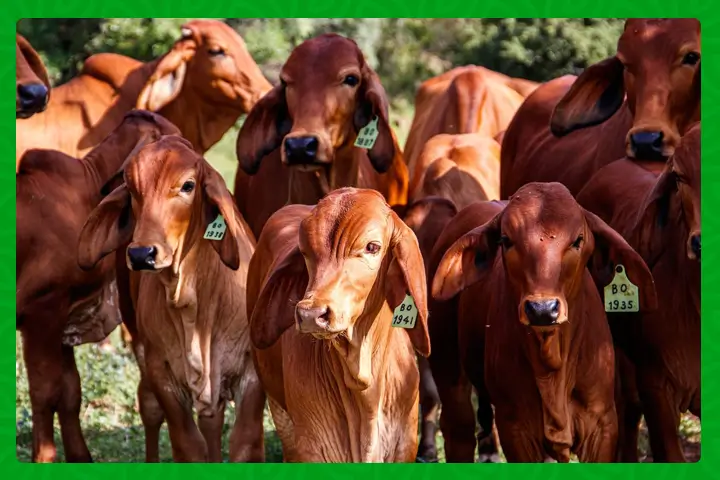
In a monumental move, the Nigerian government has unveiled a visionary plan to inject 2,500 billion naira, approximately US$3.2 billion, into the nation’s livestock sector over the next five years. This ambitious initiative is a pivotal component of a national plan designed to tackle the challenges that have long plagued the sector. Nigeria’s livestock industry, which contributes significantly to the country’s agricultural GDP, has been marred by conflicts between herders and farmers that have not only disrupted lives but have also taken a substantial toll on the nation’s economy.
A Crucial Investment:
The allocation of this colossal sum signals the government’s unwavering commitment to overhauling the livestock sector. The funds for this reform plan will be sourced from various channels, including annual budgets, contributions from key ministries, support from local and international investors, and financial backing from the Central Bank of Nigeria (CBN). This multifaceted approach underscores the urgency and importance of these reforms.
Holistic Reforms:
The comprehensive plan encompasses a range of interventions, all aimed at revitalizing the livestock sector. Among the key components are:
- Establishment of the Federal Ministry of Livestock and Fisheries: A dedicated government body that will spearhead initiatives and policies tailored to the specific needs of the sector.
- Livestock Production Reforms: Efforts to enhance livestock production, focusing on improved methods and technologies.
- Boosting Production and Productivity: Measures to increase production efficiency and output.
- Conflict Mitigation and Resolution: Addressing the longstanding conflicts between herders and farmers to ensure peace and prosperity.
- Policy and Program Reviews: An examination of existing policies and programs to identify areas for improvement.
- Strengthening Institutional Capacities: Bolstering the institutions that oversee and regulate the livestock sector.
Economic Implications:
The imperative behind these reforms becomes evident when considering the significant economic losses incurred due to ongoing conflicts. A 2015 report by the American humanitarian organization Mercy Corps estimated an annual shortfall of US$13.7 billion attributed to these clashes. The financial toll on the country underscores the urgency of finding lasting solutions to these complex issues.
The Scale of Nigeria’s Livestock:
Official data reveals that Nigeria boasts a national herd of nearly 450 million livestock animals as of 2021. Among this diverse population, poultry takes the lead, accounting for approximately 60%, followed by goats, sheep, and cattle. With strategic reforms and substantial investment, this valuable resource has the potential to not only contribute significantly to the nation’s economy but also enhance the livelihoods of countless Nigerians.
Nigeria’s commitment to the revival of its livestock sector is a beacon of hope for a brighter and more prosperous future. By addressing the long-standing conflicts, bolstering production, and implementing comprehensive reforms, the government seeks to unlock the sector’s full potential. This substantial investment is not just a financial commitment; it is a testament to the importance of agriculture in Nigeria’s journey towards economic and social advancement. The coming years hold the promise of a thriving and harmonious livestock sector, one that benefits all Nigerians and propels the nation forward on the path to greater prosperity.
Stay updated with the latest farming tips and agriculture industry news from Africa by subscribing to our newsletter. Don’t miss out on valuable insights and updates. Follow us on Twitter, LinkedIn, and Facebook to join our farming community and stay connected with us.



















